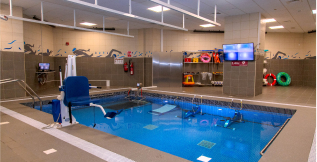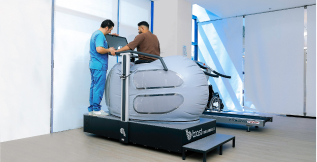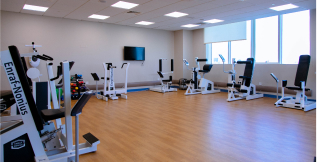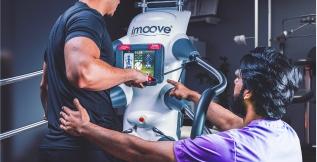
Pre and Postnatal Care (Pelvic Floor Muscle Strengthening Program)
Pre and postnatal care is vital for women's health, ensuring a smooth pregnancy, delivery, and recovery. One essential aspect of this care is strengthening the pelvic floor muscles, which play a crucial role in supporting pelvic organs, controlling bladder and bowel function, and facilitating childbirth. By implementing a tailored pelvic floor muscle strengthening program, women can prepare their bodies for pregnancy, childbirth, and postpartum recovery.
Significances
Pregnancy Preparation
Strengthening the pelvic floor muscles before pregnancy can improve pelvic support and stability, reducing the risk of pelvic floor disorders during pregnancy and childbirth.
Childbirth Preparation
Strong pelvic floor muscles enhance the ability to control pelvic floor muscles during labor and delivery, potentially reducing the risk of perineal tears and episiotomies.
Postpartum Recovery
Pelvic floor muscle exercises promote faster recovery after childbirth by improving pelvic floor tone, reducing perineal discomfort, and enhancing bladder and bowel control.
Prevention of Pelvic Floor Disorders
Pelvic floor muscle strengthening can help prevent or alleviate pelvic floor disorders such as urinary incontinence, fecal incontinence, and pelvic organ prolapse, common during pregnancy and after childbirth.
Measures to Support
Pre-Pregnancy Assessment
Undergo a pelvic floor assessment by a healthcare provider to evaluate pelvic floor muscle strength and function, identify any weaknesses or dysfunction, and develop an individualized strengthening program.
Kegel Exercises
Perform Kegel exercises, which involve contracting and relaxing the pelvic floor muscles, to improve strength, endurance, and coordination of these muscles.
Pelvic Floor Physical Therapy
Seek guidance from a pelvic floor physical therapist to learn proper pelvic floor muscle activation techniques, receive personalized exercise prescriptions, and address any pelvic floor dysfunction or pain.
Pregnancy Modifications
Modify pelvic floor exercises during pregnancy to accommodate changes in posture, weight, and abdominal pressure, focusing on gentle, controlled contractions to avoid overexertion.
Labor Preparation
Practice relaxation techniques and pelvic floor muscle releases during pregnancy to prepare for labor, promoting flexibility and coordination of pelvic floor muscles during childbirth.
Postpartum Rehabilitation
Resume pelvic floor muscle exercises soon after childbirth to promote healing, improve muscle tone, and enhance bladder and bowel control, gradually progressing as tolerated.
Lifestyle Modifications
Maintain a healthy lifestyle, including regular exercise, proper nutrition, adequate hydration, and pelvic floor-friendly habits such as avoiding heavy lifting and straining, to support pelvic floor health.
Our Packages

Antenatal Conditioning/Post Natal Recovery
Our compassionate team of specialists is dedicated to supporting you every step...

Back to Sports
Our dedicated team of specialists is committed to guiding you through every...

Cardiac Rehabilitation
Imagine the peace of mind that comes from knowing you're taking proactive...

Fitness Package
Through a combination of customized exercise programs, expert guidance, and ongoing support,...

Gym Membership
Feel the excitement and motivation as you commence your fitness journey, knowing...

Hand Therapy with Robotics
Envision a future where simple tasks like grasping objects or writing become...


